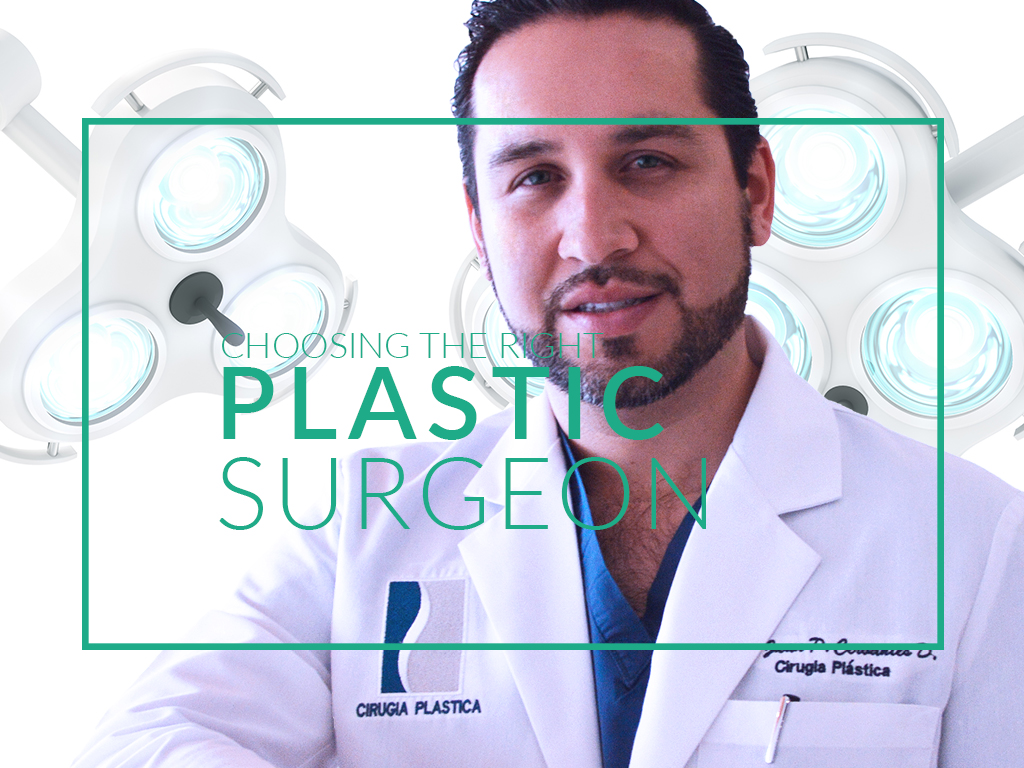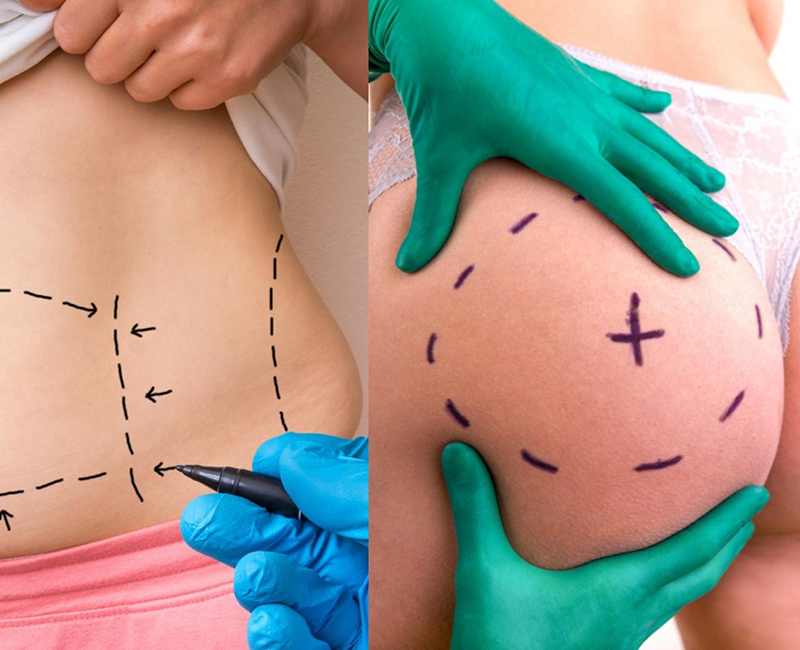Choosing the right plastic surgeon is a very important decision. You are placing your body, beauty and health in somebody’s hands.
Choosing the right plastic surgeon is a key factor for ensuring the best outcomes from surgery. There are many considerations a person should make when choosing a plastic surgeon.
Surgeon qualifications and experience
In particular, it is important to ensure that the plastic surgeon of choice is properly qualified and certified with an appropriate plastic surgery association. In Mexico, for example, plastic surgeons are certified by the Mexican Association of Plastic, Aesthetic and Reconstructive Surgery, which requires plastic surgery practitioners to have the following experience and qualifications:
- At least 12 years of education and training, seven years of which must have been completed after medical school;
- A minimum of five years specialist training and education in plastic surgery;
- Holds a fellowship with the Mexican Association of General Surgery, the board that regulates all surgical practitioners in Mexico; and
- Fulfils continuing medical education requirements to ensure their skills are up to date.
Who else can perform the surgery?
In Mexico, for example, any medical professional is legally able to perform surgery if the person undergoing surgery, or their legal representative if they are a minor, consents. It is therefore important to determine the doctor’s qualifications and experience before consenting to a procedure.
However, remember that using a qualified surgeon does not guarantee a successful outcome as there are inherent risks in all procedures. Rather, it minimises the likelihood of complications related to the surgery.
What about plastic surgery overseas?
In the United States and Canada, a growing trend of individuals seeking Plastic Surgery in Mexico is booming. Simply because the plastic surgery cost in Mexico is just about half of what it is in their countries.
Choose the safest plastic surgery option for your own personal health and well-being, and then make sure that you are selecting a medical facility in Mexico that is accredited, certified and backed by healthcare organizations such as The National Health Council in Mexico.
Questions to ask a plastic surgeon
There are many questions to ask a potential plastic surgeon to help determine if he or she is the right doctor to perform the operation:
- Is the surgeon fully certified?
- Does the surgeon have specialist training in plastic surgery? In which specialty did they undergo training? For how long did they train and how comprehensive was the training? How relevant is this training to the plastic surgery procedure which they intend to perform?
- At which hospital/s does the surgeon have arrangements to operate? Facilities in which plastic surgery is performed should adhere to strict safety standards. In Mexico, facilities which undertake plastic surgery should be registered with The National Health Council in Mexico;
- Will a qualified anaesthetist be used? Are the anaesthetist’s fees included in the costs of treatment?
- How many times has the surgeon performed the same procedure in the past? How often have they performed the procedure recently?
- How will the procedure be performed? Do they have a consent form outlining how the procedure will be performed?
It is useful to prepare a list of questions to ask their plastic surgeon and make notes during the consultation so as not to forget the answers. Some people might be concerned they will offend the surgeon with these questions. However, qualified surgeons will welcome questions about their own experience which help someone to make an informed decision about undergoing plastic surgery.
What to expect of a plastic surgeon
The plastic surgeon is a medical professional who can give accurate and objective information about surgical procedures, to enable individuals to make informed consent. Plastic surgeons will also:
- Answer questions thoroughly;
- Encourage individuals considering surgery to express their thoughts and opinion about plastic surgery and listen to them;
- Provide information on alternative treatments where these are available;
- Clearly detail the potential risks of surgery and the likelihood of risks occurring;
- Provide information to the individual about the procedure which they are considering;
- Allow the patient to decide whether or not to undergo surgery.



